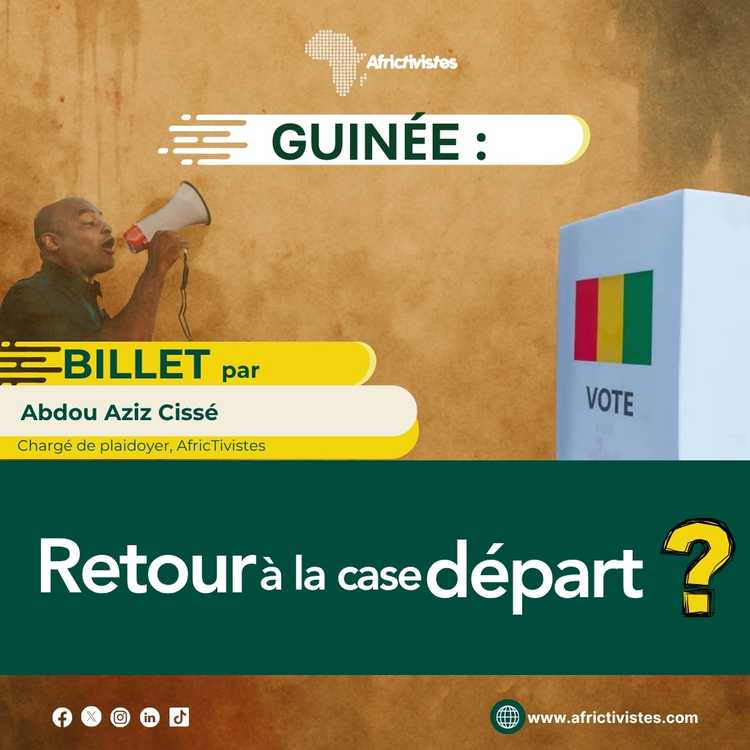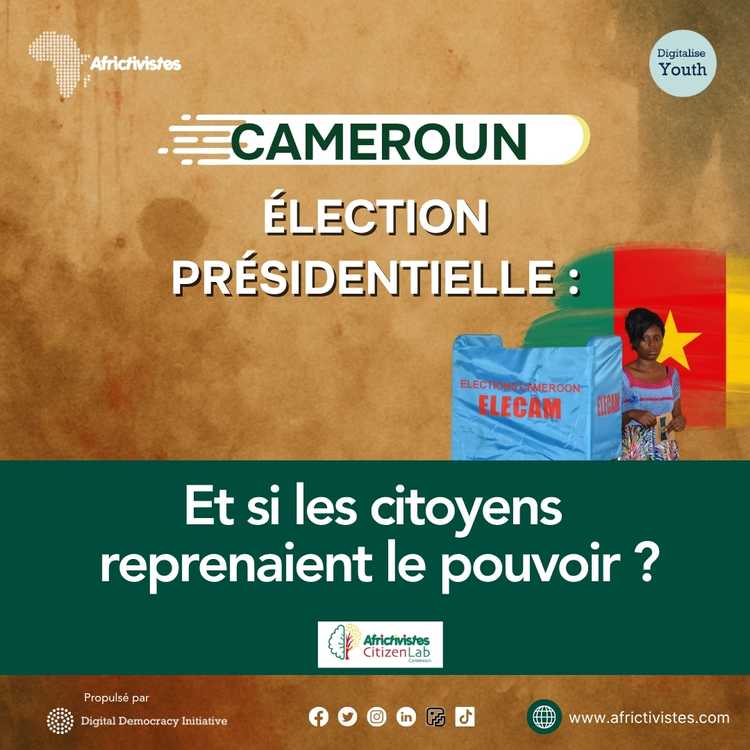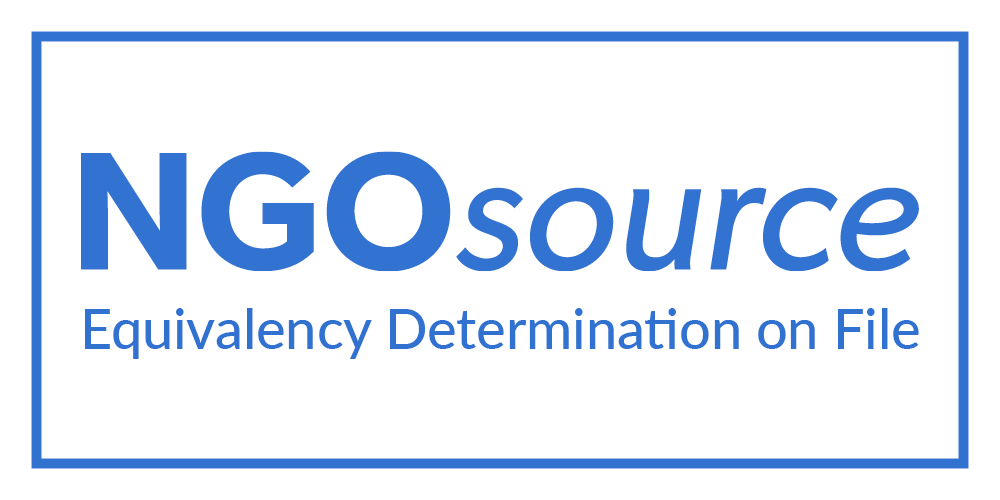When the people of Africa demand more than the vote : participatory democracy !
Every 15 September, the world celebrates International Democracy Day. But which democracy are we talking about? Representative democracy is in crisis worldwide as it has been reduced to mere elections. However, democracy is fluid and improvable; above all, it is participatory.
In Africa, young people are refusing to limit themselves to voting every five years and then remaining silent. They want to have a voice, influence public decisions and help shape the future of governance.
Participatory democracy is about more than just voting. Rather, it is based on the idea that citizens should play an active role in decision-making by proposing, contesting, monitoring and influencing. This can involve demonstrations to express disagreement, petitions to apply pressure, and digital tools to oversee public action.
In short, politics is no longer solely the domain of politicians; it is a collective responsibility. For over twenty years, hyper-connected African youth have been demanding greater transparency, accountability and participation. CivicTech and citizen platforms are turning this aspiration into reality. Examples include Ushahidi in Kenya, GovChat in South Africa, Mzalendo in Kenya, Sunu2012 in Senegal, BudgIT in Nigeria and AfricTivistes CitizenLab in several countries.
These initiatives empower citizens to track budgets, monitor elected officials and develop solutions together. There are many examples of citizen movements in Africa that demonstrate this desire to take action beyond voting: Examples include Y’en a marre in Senegal, Balai Citoyen in Burkina Faso, LUCHA in the DRC and FixTheCountry in Ghana.
They all express the same idea: the people no longer just want to vote; they want to control governance.
More recently, in June 2024, Gen Z youth in Kenya initiated large-scale protests against the Finance Bill, which increased taxes on essential goods. As a result, the government was forced to partially concede. In August of the same year, Nigeria was shaken by the #EndBadGovernance mobilisations against inflation, rising fuel prices and the high cost of living.
These massive mobilisations demonstrate that young people are no longer afraid to challenge authority. However, they still often encounter repression and censorship.
Despite this momentum, numerous obstacles remain, such as a lack of equitable access to the internet — which is essential for participation — and an absence of strong institutional channels to sustainably integrate the voice of the citizen.
Africa is indeed entering the era of participatory democracy. However, we are in a transitional phase. The momentum exists, the youth are ready, and the tools are available. What remains is to guarantee the rights to freedom of expression and peaceful protest, to institutionalise participatory mechanisms and to democratise access to information and digital resources. In short, we must make democracy an inclusive, participatory exercise for citizens.
Abdou Aziz Cissé
Advocacy Officer, AfricTivistes

![[Gabon] AfricTivistes Sound the alarm amid Social Media suspension !](/static/1af016eb97c732e871a7c2fe79a60730/9e635/CREA-visuel-rapide-.jpg)
![[SENEGAL] AfricTivistes strongly condemns the brutal repression of students at Cheikh Anta Diop University in Dakar!](/static/29c233858b9d650cc77d87f75d4d2b56/9e635/Ucad-Senegal.jpg)



![[Guinea-Bissau]: Joint Statement from Human Rights Defenders Against the Confiscation of Popular Will !](/static/8552596543d1c00bc73e662f85c0a62f/fce2a/Capture-decran-2025-12-01-a-16.34.43.png)
![[Guinée-Bissau] Joint Declaration – Afrikajom Center and AfricTivistes both firmly condemn the military takeover and warn of the risk of a political crisis !](/static/4d5ad12346b3ef8c55278621c445488b/9e635/Putsch-Guinee-2.jpg)

![[Tanzanie] 🇹🇿 AfricTivistes strongly condemns violent suppression in Tanzania](/static/adf91a1c13cd101f988b6b6971928880/9e635/TZN.jpg)
![[Cameroon] AfricTivistes condemns violent repression, urges govt to uphold rights !](/static/6399a9d8e94e3ae1f681f86178520d96/9e635/WhatsApp-Image-2025-10-27-at-15.32.48.jpg)



![[Madagascar] Generation Z, the driving force of civic awakening!](/static/9072e289fdab44c062096dcfb9499441/9e635/4-2.jpg)






